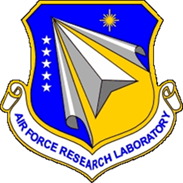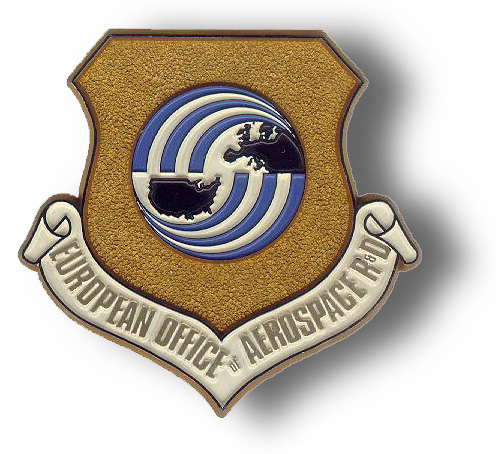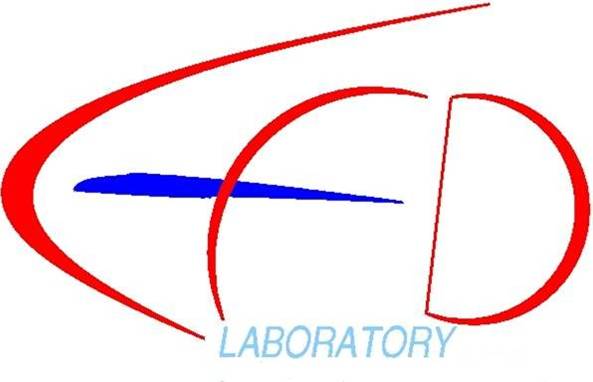|
The combination of numerical methods and computing power has revolutionised the study of the dynamics of complex physical systems. There is often a key requirement to predict the dynamic stability of the system in a multi-dimensional parameter space, with the related need to locate surfaces of stability loss and model the consequences of bifurcations. The computational cost of time domain simulations of the physical system, often involving millions of degrees of freedom, makes thorough stability assessment a demanding, if not intractable, problem. An active research area attempts to reduce this cost to manageable levels, for example through model reduction. The purpose of the workshop is to bring together researchers from different communities who are working in this area with a view to sharing experience.
Three broad research areas will be covered by the workshop:
- Aircraft Applications Exploiting Computational Fluid Dynamics and/or Computational Structural Dynamics:
- Time domain analysis, eigenvalue methods, Harmonic Balance, System Identification, Proper Orthogonal Decomposition
- Aeroelasticity, flight mechanics, design
- Methods for Dynamical Systems
- Model Reduction Methods for Linear Systems: Krylov method, Singular Value Decomposition, Balanced Methods, moment matching methods
- Techniques for nonlinear systems: Normal Form, Higher-Order Spectra, Hilbert-Huang Transform and other system identification techniques
- Structure Preserving Transformations
- Nonlinear Dynamics and Model Reduction: Applications
- Chemical Reactors
- Biology
- Climate
- MEMS
|


